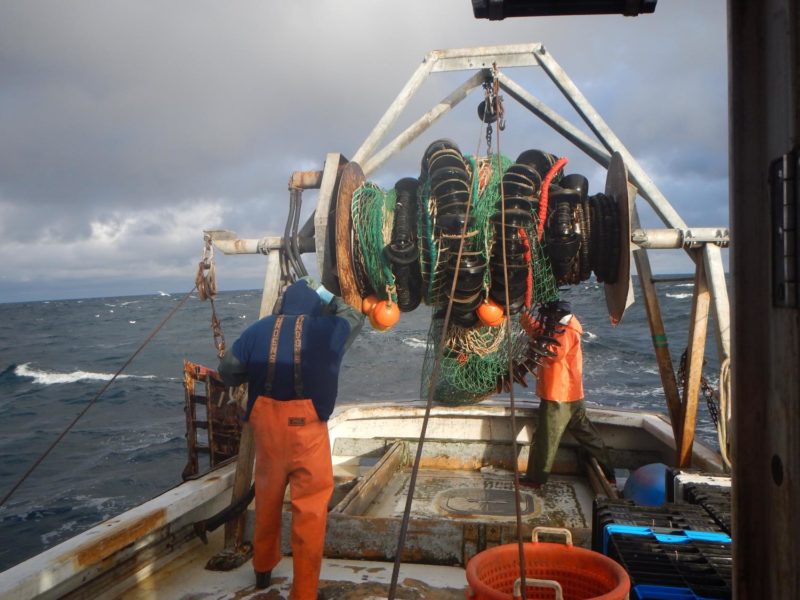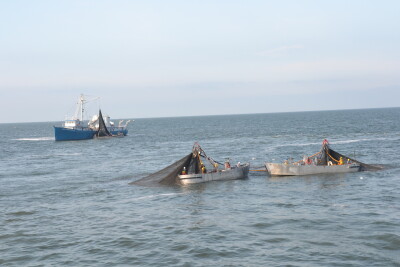Requiring 100 percent at-sea monitoring coverage for the Northeast groundfish trips is part of the Amendment 23 proposal the New England Fishery Management Council will take to public hearing in the coming weeks.
The council approved a surprise motion by NMFS regional administrator Michael Pentony Jan. 29 at its meeting in Portsmouth, N.H., to move the long-awaited changes to the groundfish plan.
Pentony stressed that achieving 100 percent coverage is not his goal, but to spur a broader public discussion about monitoring and other reforms – which Pentony said could help provide more fishing opportunity.
“I want it to be very clear that I’m not making this motion because it’s my opinion or the agency’s opinion,” Pentony told council members. Making 100 percent coverage the preferred option will “provide a sense of what’s possible,” and a “good framework for discussion during the public hearing process,” he said.
It’s also the only option that would make possible the elimination of management uncertainty buffers, and making more groundfish available to catch, Pentony said.
“This doesn’t commit the council to action in June,” he added.
Maggie Raymond, executive director of the Associated Fisheries of Maine, questioned what would happen if NMFS does not have full funding for monitoring.
“This particular motion is just going to cause a problem during the public hearing process,” she said.
Vito Giacalone, chairman of the Northeast Seafood Coalition, said his group would support including the 100 percent coverage proposal in hearings because “it’s important to have a worst-case scenario explained to the public.”
The critical information to include will be the cost of monitoring, and the effect on gross revenue of the fishery, Giacalone said.
Gloucester, Mass. Fisherman Joe Orlando protested he was “very offended” by the proposal, which makes it seem “the fishermen in my sector are liars.”
“Is this what we get out of it?” he said.
The Amendment 23 options will be presented at public hearings this spring, likely to be scheduled in late March and April. The council then will review all spoken and written comments from the hearing process and take final action when it meets June 23-25 in Freeport, Me.
The groundfish monitoring amendment is moving forward after Congress in December voted for fiscal year 2020 appropriations that would provide full funding to cover at-sea monitoring expenses for fishermen.
Sponsored by Sen. Jeanne Shaheen, D-N.H., the appropriation would spare fishermen from bearing full observer costs for a year.
“Even better, for the first time, this legislation includes specific directives for NOAA Fisheries to improve the quality and utility of ASM and other fishery dependent data for the purpose of improving groundfish stock abundance estimates, along with the necessary funding to support implementation of these directives,” Jackie Odell of the Northeast Seafood Coalition wrote in a Jan. 6 letter to the New Bedford Standard-Times.
“It is critical that NOAA Fisheries strictly adheres to the intent and directives of Congress and does not seek to misuse these funds to pursue their own objectives,” Odell added.







